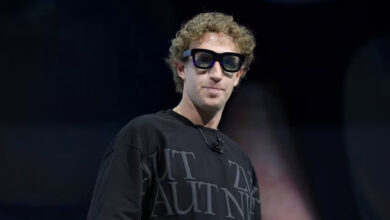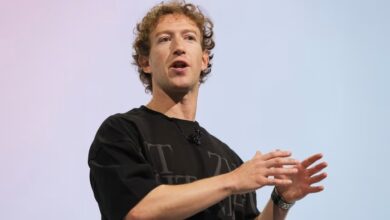Full disclosure: this reviewer has never used Facebook. However, being an avid fan of director David Fincher’s notoriously cynical sensibilities, and having a strong dislike/distrust of any form of social networking in general, made what was widely being referred to as “the Facebook movie” seem like an intriguing prospect—and rewardingly so. The Social Network is, so far and without a doubt, the best mainstream movie of the year.
The film’s plot is adequately summed up by the title of the 2009 book on which it is based—The Accidental Billionaires: The Founding of Facebook, A Tale of Sex, Money, Genius, and Betrayal (2009, Doubleday). By this point, the story has become something of a modern-day myth: how one young genius, the type that inherently understands people yet fails to connect with them, fuelled by his bitterness over a failed relationship and a few too many beers, created (in the span of a single, sleepless night) the basis for a website that would define a generation and revolutionize the Internet. Familiar as it may be, in the hands of Fincher and screenwriter Aaron Sorkin, the story unfolds in a riveting display of confident, and overall flawless, filmmaking.
The opening scene sets the tone perfectly: a private conversation in a loud and very public environment, rushed dialogue, suggestive statements, and an undercurrent of tension that never lets up. The latter is aided particularly well throughout the film by Nine Inch Nails’ frontman Trent Reznor and Atticus Ross’s intimidating score, all gurgling synths and growling guitars. The film’s visuals are also fittingly cold, with Fincher’s trademark bleakness—seedy dark greens countered with sterilized whites and grays—exposing the sinister murkiness underlying every scene. Despite being predominantly set on college campuses and dorm rooms, these are still shark-infested waters, an environment which Fincher has built his career navigating expertly.
Burdened with the task of making a reputably arrogant and self-centered manipulator somewhat sympathetic, Jesse Eisenberg gives a brilliant and complex performance as Mark Zuckerberg. Also worth noting is Armie Hammer who, besides having the best name outside the porn industry, gives a doubly impressive performance—albeit with the help of seamless CGI—as the Winklevoss twins, the sibling stars of the Harvard rowing team who are convinced that Zuckerberg has stolen their idea. Among the uniformly strong cast, though, Justin Timberlake surprises the most as Sean Parker, controversial founder of Napster and, as portrayed, a voluble and smarmy Yoko to Zuckerberg & co.’s previously indomitable alliance.
As the film progresses, it quickly becomes clear that The Social Network’s driving force is its screenplay. Concise and incisive, razor-sharp and revealing, this is the type of dialogue that will leave viewers ashamed of how long they’ve been putting up with the baby-talk and fart sounds offered by most Hollywood releases. With an inexhaustible supply of quotable lines and electrifying exchanges, Sorkin’s consistently engaging script is guaranteed to be a serious contender for Best Adapted Screenplay at this year’s Academy Awards (the editing should get some recognition, too).
However unlikely it may have initially seemed, the film’s subject matter plays perfectly to Fincher’s strengths as a director, to the extent that the final result feels like a spiritual sequel to the unforgettable kick to the medulla oblongata that was Fight Club. While The Social Network is a far more understated work, the key elements are all there—male-driven situations, exclusive clubs, ink-black humor, and flawed characters on a quest to better themselves by changing the world that surrounds them. Ultimately, though, The Social Network is less of an F.U. to the establishment, more of an “I told you so.” Like Fincher’s previous bruiser, The Social Network will come to be seen as an iconic and exhilarating statement on the time in which it was made.




